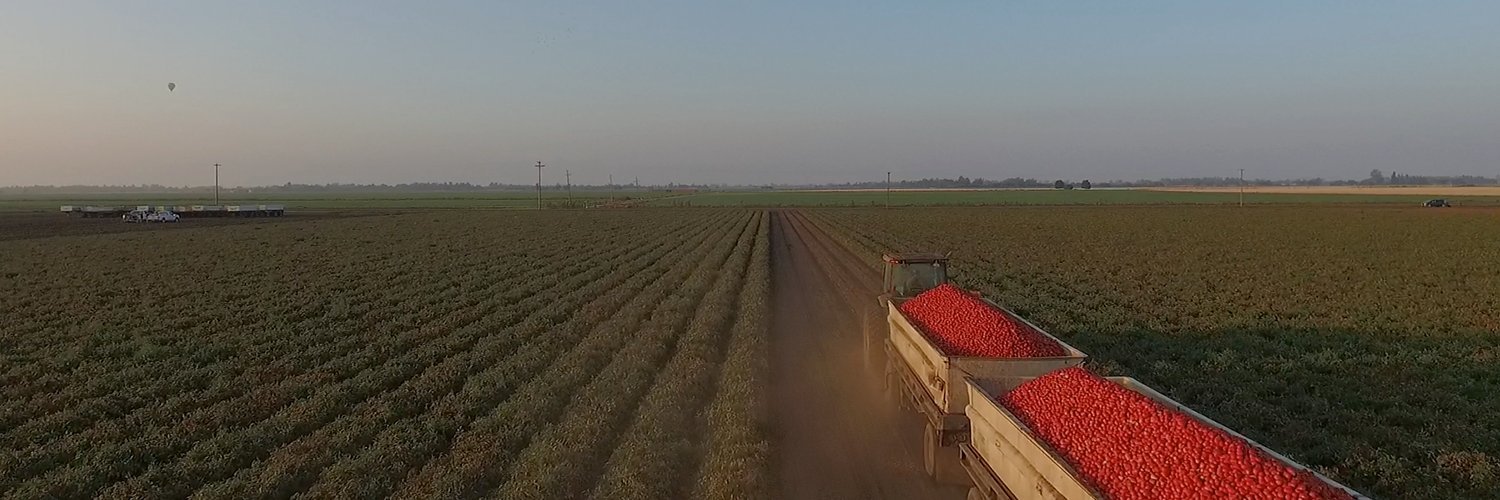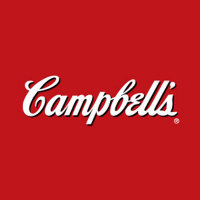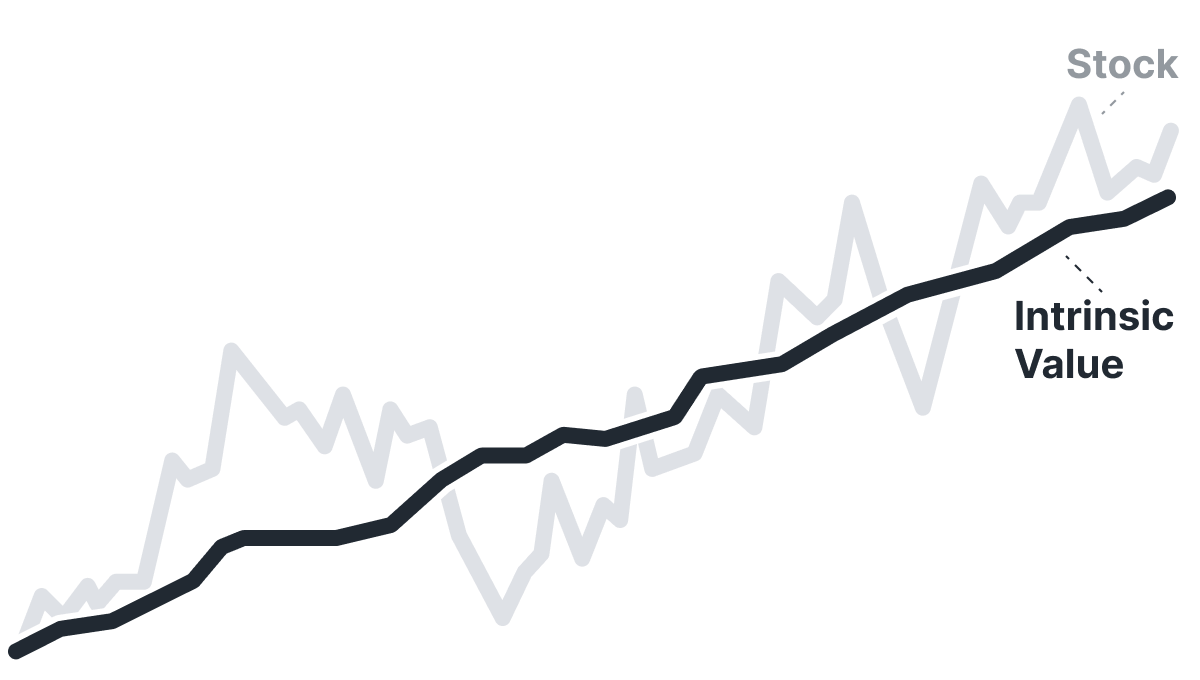

Campbell Soup Co
NYSE:CPB

Intrinsic Value
The intrinsic value of one
 CPB
stock under the Base Case scenario is
hidden
USD.
Compared to the current market price of 26.72 USD,
Campbell Soup Co
is
hidden
.
CPB
stock under the Base Case scenario is
hidden
USD.
Compared to the current market price of 26.72 USD,
Campbell Soup Co
is
hidden
.
Valuation History
Campbell Soup Co

CPB looks undervalued. But is it really? Some stocks live permanently below intrinsic value; one glance at Historical Valuation reveals if CPB is one of them.
Learn how current stock valuations stack up against historical averages to gauge true investment potential.

Let our AI compare Alpha Spread’s intrinsic value with external valuations from Simply Wall St, GuruFocus, ValueInvesting.io, Seeking Alpha, and others.
Let our AI break down the key assumptions behind the intrinsic value calculation for Campbell Soup Co.
Fundamental Analysis
Revenue & Expenses Breakdown
Campbell Soup Co

Earnings Waterfall
Campbell Soup Co

The intrinsic value of one
 CPB
stock under the Base Case scenario is
hidden
USD.
CPB
stock under the Base Case scenario is
hidden
USD.
Compared to the current market price of 26.72 USD,
 Campbell Soup Co
is
hidden
.
Campbell Soup Co
is
hidden
.


